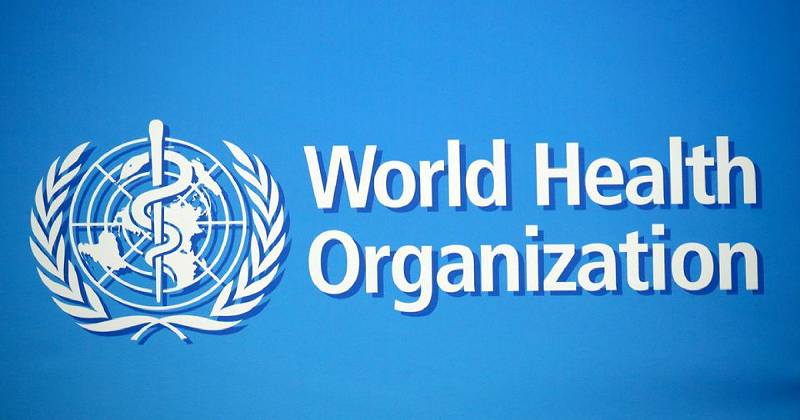
The World Health Organization (WHO) has designated the JN.1 variant of COVID-19 as a distinct “variant of interest” due to its rapidly increasing spread, although it has assessed the global public health risk as “low.” Initially classified as part of the BA.2.86 sublineages, JN.1 is now considered a separate variant due to its widespread prevalence. While WHO deems the additional risk as low based on limited evidence, it warns of a potential increase in SARS-CoV-2 cases, especially in countries entering the winter season. JN.1 has been reported in various countries, including the USA, China, Singapore, and India, with the first case in India detected in Kerala on December 8. The strain carries more than 30 mutations in the spike protein, indicating a potential for immune evasion.
The WHO recommends increased vigilance and surveillance while affirming that existing treatments for COVID-19 are expected to be effective against JN.1, and updated vaccines should enhance protection. Countries are advised to comply with detailed operational guidelines for a revised surveillance strategy and maintain recommended testing procedures. Union Health Minister Mansukh Mandaviya reassured states of support from the Centre and emphasized the importance of remaining alert while avoiding panic. The Health Secretary urged states to ensure effective compliance with revised surveillance guidelines and maintain adequate testing measures.

Post Your Comments